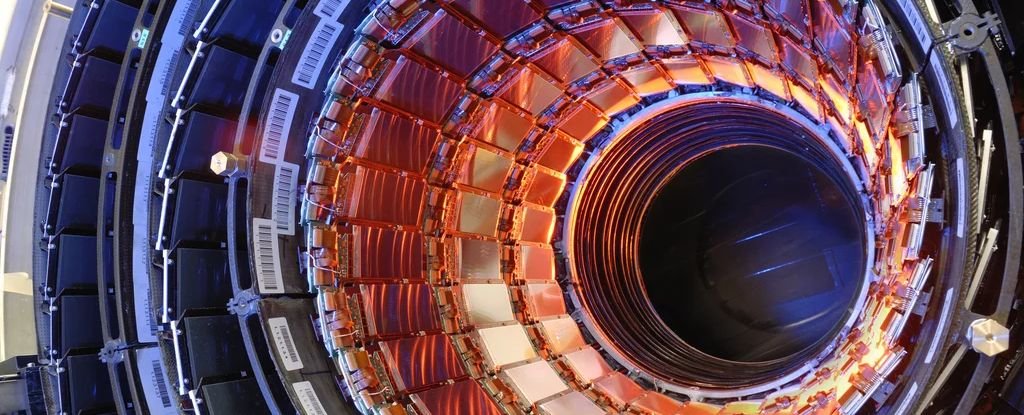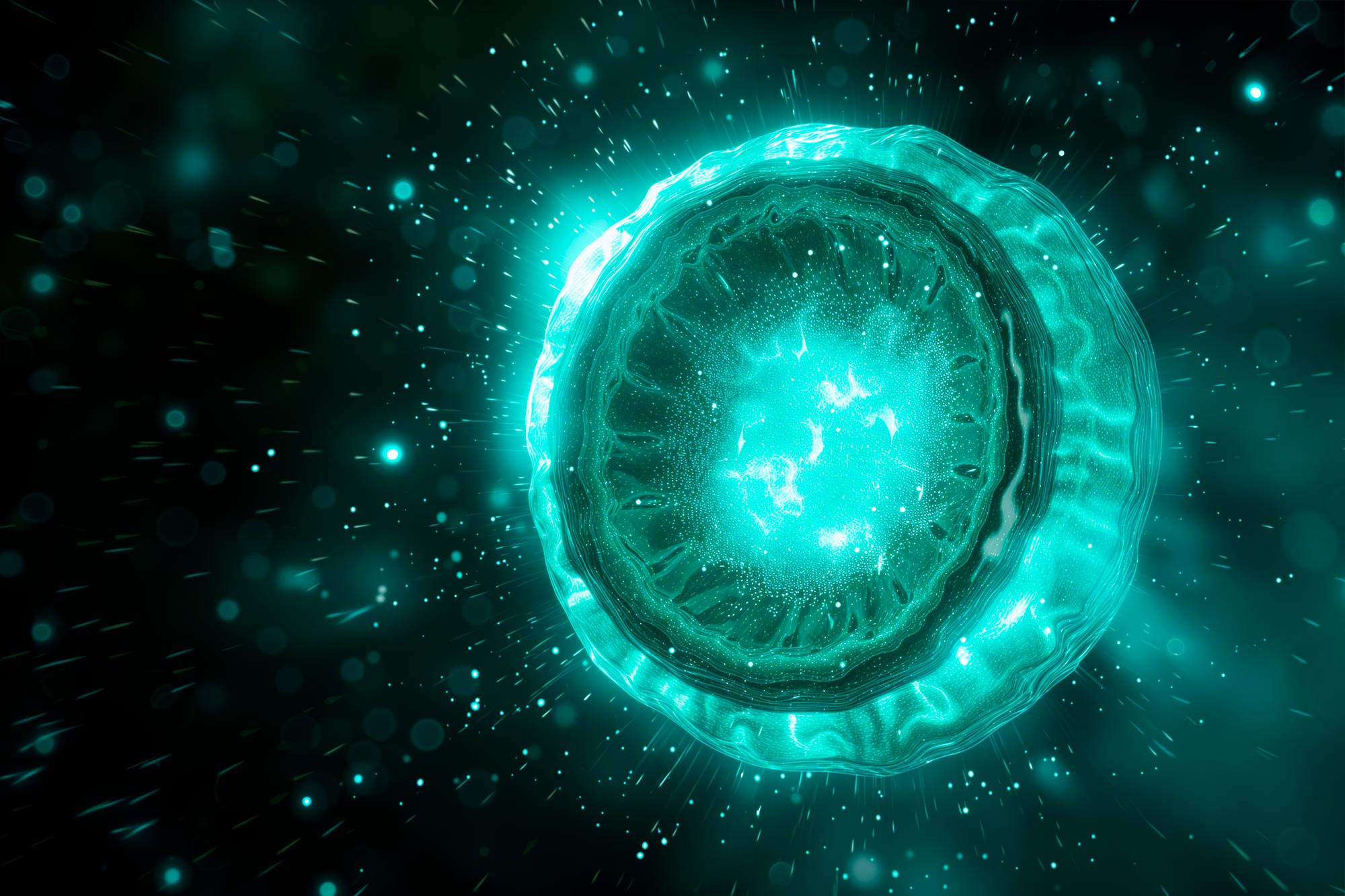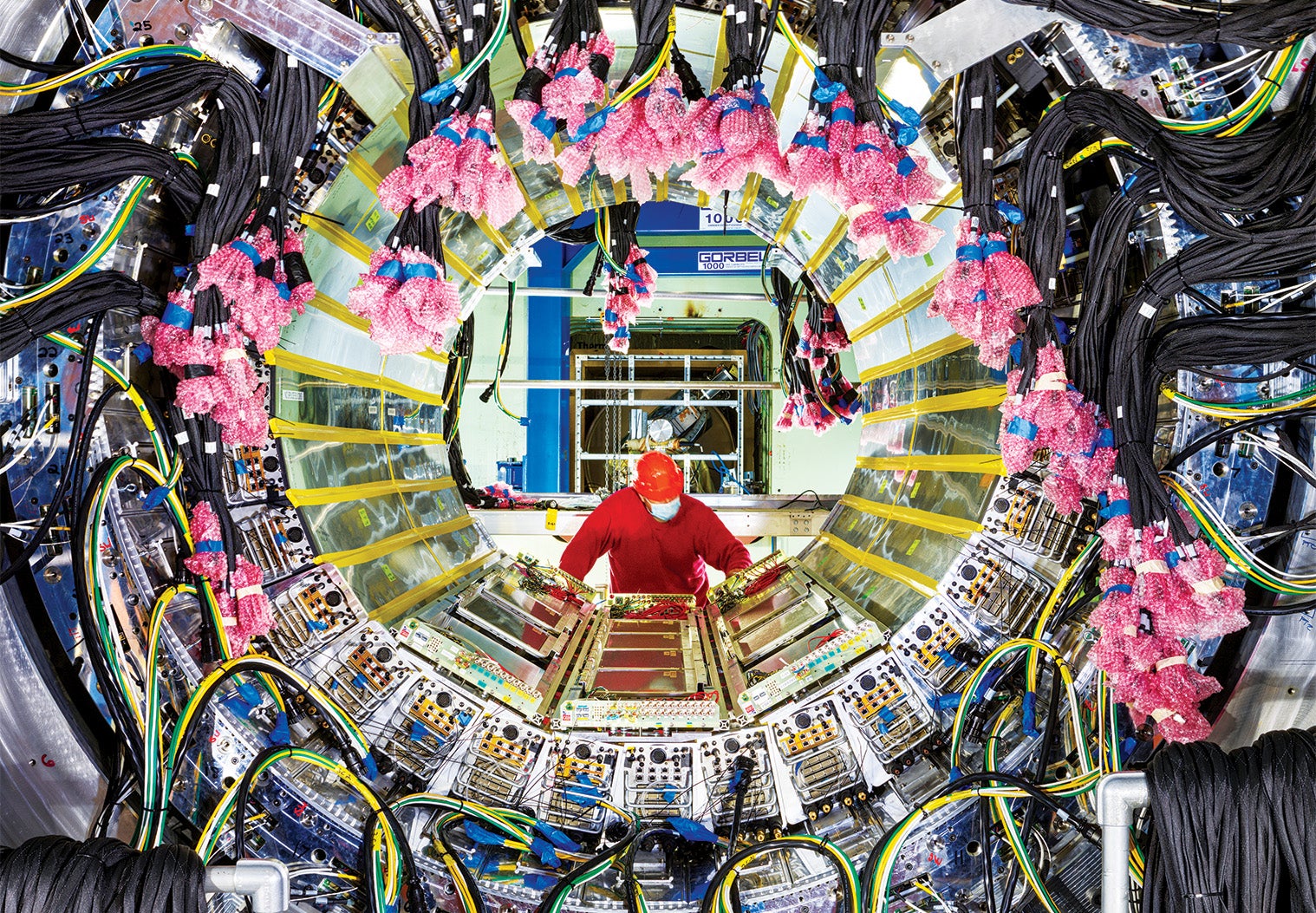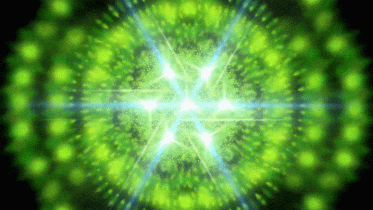
Primordial Soup
Primordial soup is the hypothetical set of conditions present on the Earth around 3.7 to 4.0 billion years ago. It is an aspect of the heterotrophic theory concerning the origin of life, first proposed by Alexander Oparin in 1924, and J. B. S. Haldane in 1929. As formulated by Oparin, in the primitive Earth's surface layers, carbon, hydrogen, water vapour, and ammonia reacted to form the first organic compounds. The concept of a primordial soup gained credence in 1953 when the "Miller–Urey experiment" used a highly reduced mixture of gases—methane, ammonia and hydrogen—to form basic organic monomers, such as amino acids.



